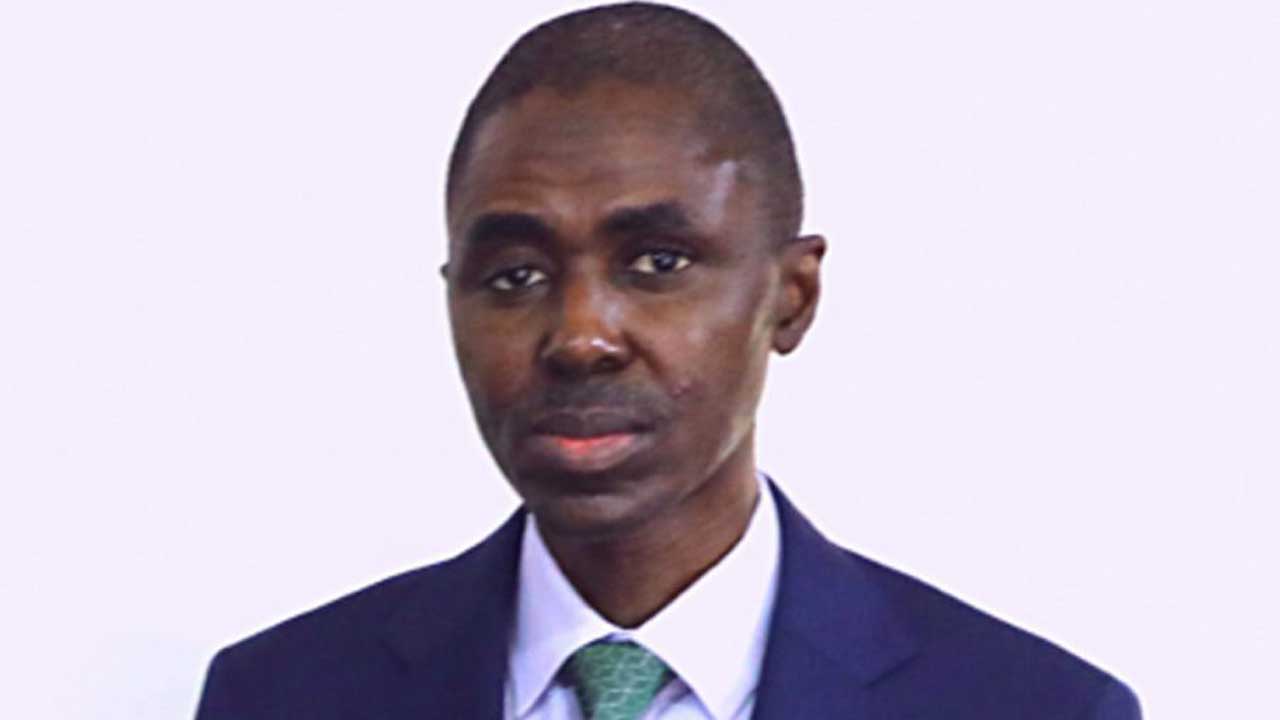
• We need bigger banks to service economy of Tinubu’s dream
The Nigeria Deposit Insurance Corporation (NDIC) is seeking the recovery of over N400 billion debts owed by liquidated banks for timely payment of their liquidation dividend – the amount in excess insured deposits, which is N500,000 in the case of commercial banks.
The corporation said it is leveraging the additional powers given to it by the repealed NDIC act for speedy progress on the recovery process.
Managing Director of NDIC, Bello Hassan, disclosed this yesterday at its ongoing 20th edition of business editor and financial correspondent workshop in Owerri, the Imo state capital.
So far, Hassan said, the corporation has paid N1.6 billion to over 40,000 depositors of failed banks. Other recovered funds are awaiting payment; hence, the NDIC urged affected customers to proceed with data verification at its offices nationwide to facilitate additional payment.
The chief executive identified debt recovery as a major challenge facing the corporation but admitted that improvements in the enabling act have reasonably addressed the issue.
“A lot of customers of banks in liquidation that borrowed are not willing to repay those debts. And I want to put it on record that those debts or those loans that were granted were granted out of deposits of people that were collected by the banks. So, it is only when those debtors pay back that the NDIC will be able to pay the depositors of those failed banks.
“Luckily enough there is a revision in the 2023 NDIC Act, and a lot of powers have been given to the corporation to expedite this process. So, we are hoping to leverage that to ensure that we recover more so that we can pay those depositors,” Hassan told the media.
He also called on the judiciary to expedite action on the litigations that border on debt-owned failed banks, stressing, “the loans were granted from depositors’ funds and not the capital of the banks”.
As part of efforts to speed up the debt recovery, he said, a desk has been opened at the Economic and Financial Crimes Commission (EFCC) to deepen the investigation and prosecution of the debtors and other parties responsible for the failure of the banks with “tremendous progress” being made.
According to him, some customers of microfinance banks whose licences were revoked have also been paid the insured amounts. Assets of the closed banks are being assessed and valued for disposal and payment of liquidation dividends.
Hassan was confident that the risk of bank failure would continue to reduce as regulators collaborate to strengthen the industry and address crises that could potentially lead to distress.
He said Nigerian banks are sound in terms of capital adequacy, liquidity, earnings and quality of assets but that the country certainly needs bigger banks to play a key role in the current administration’s plan to raise the output level to N1 trillion.






